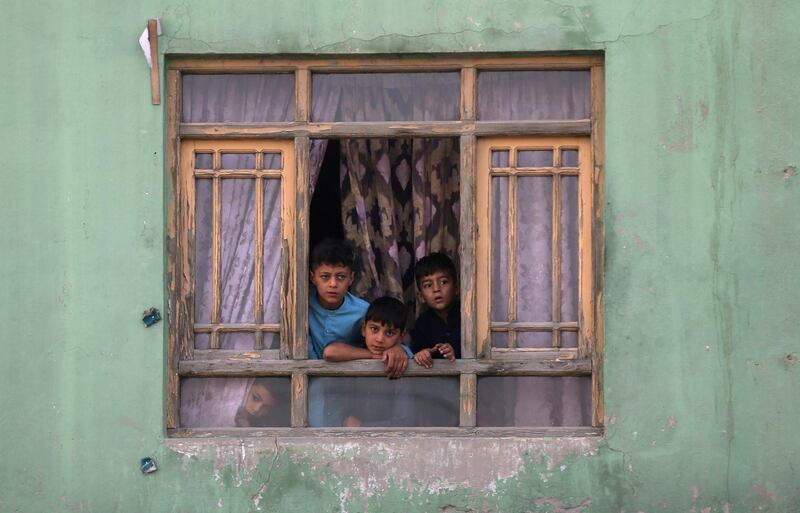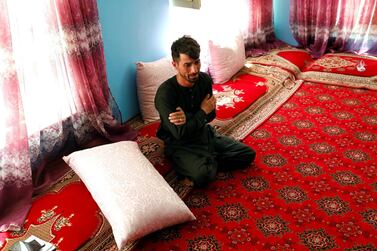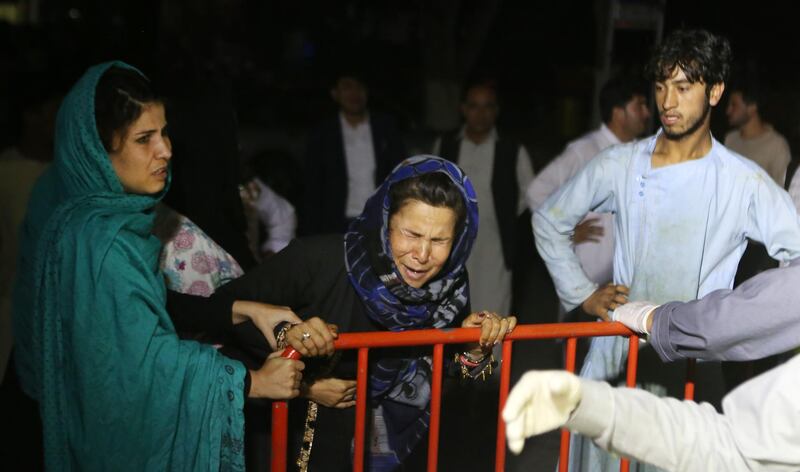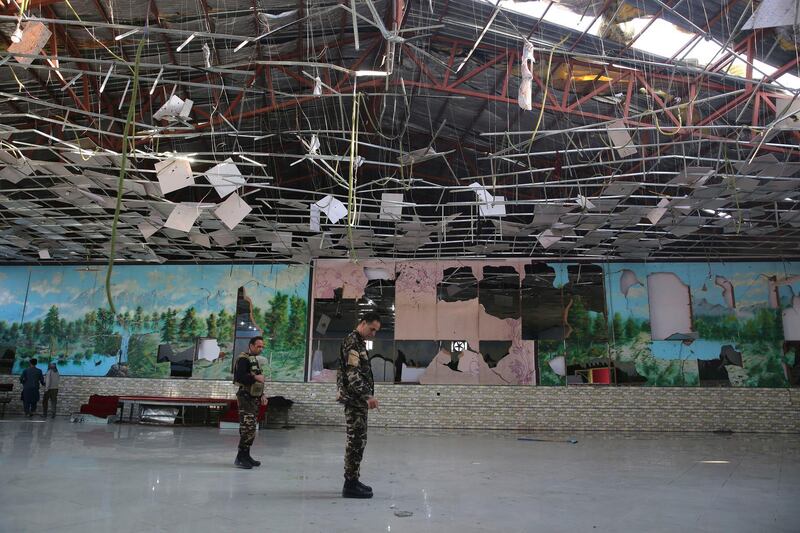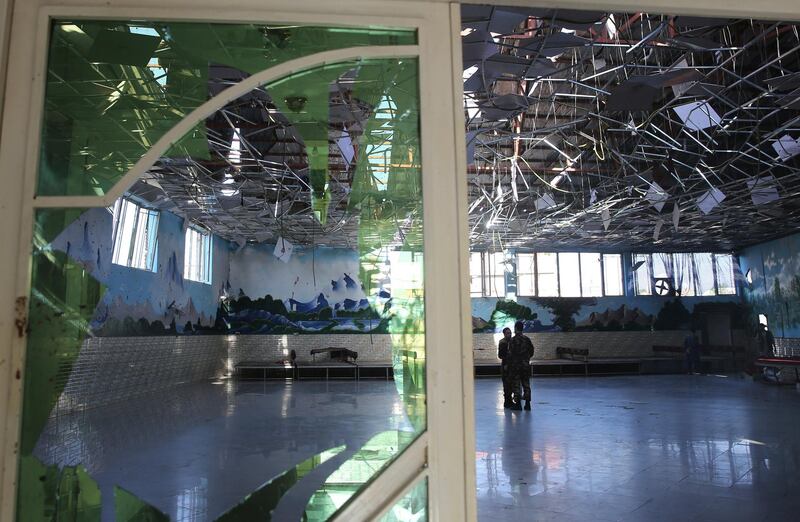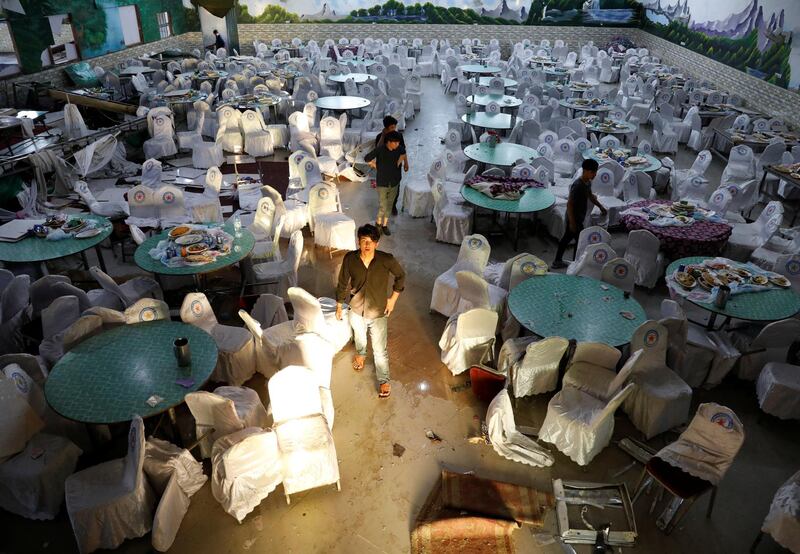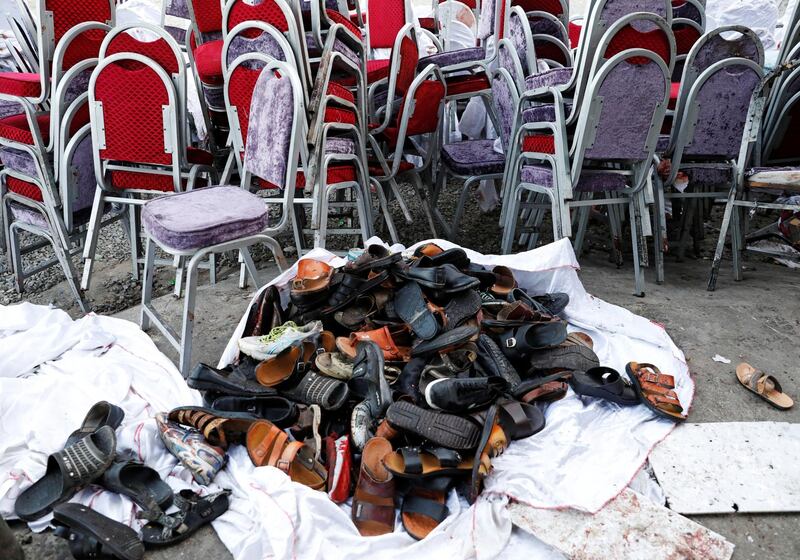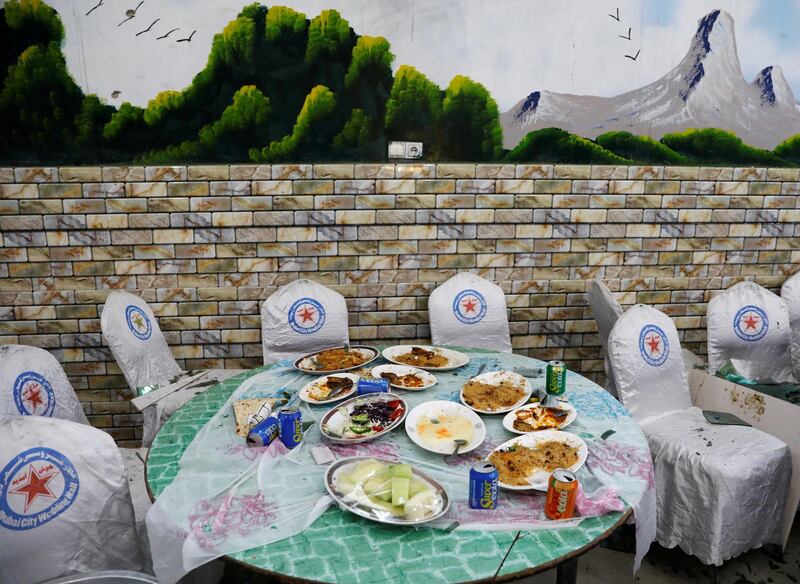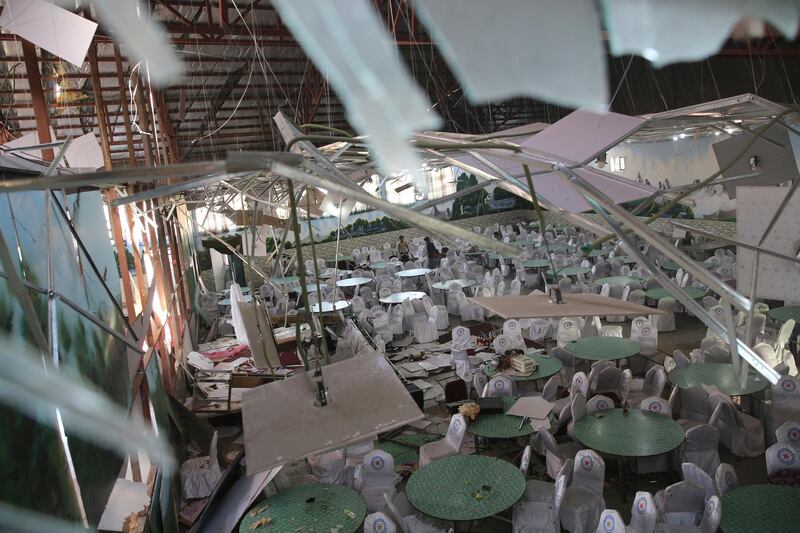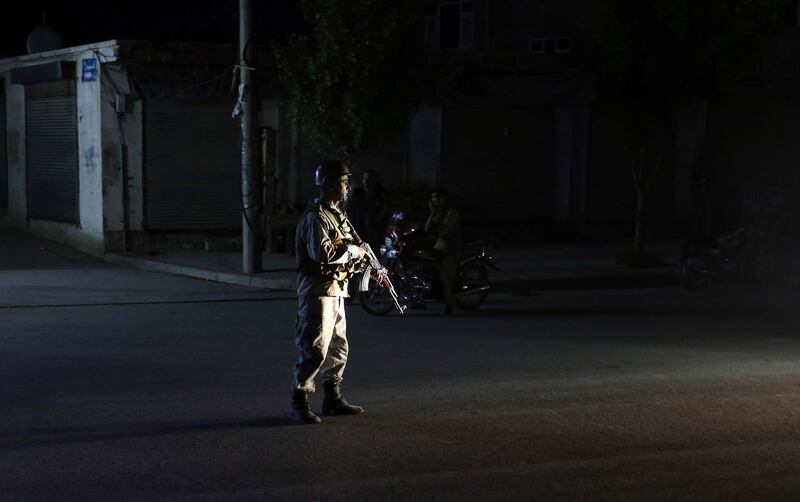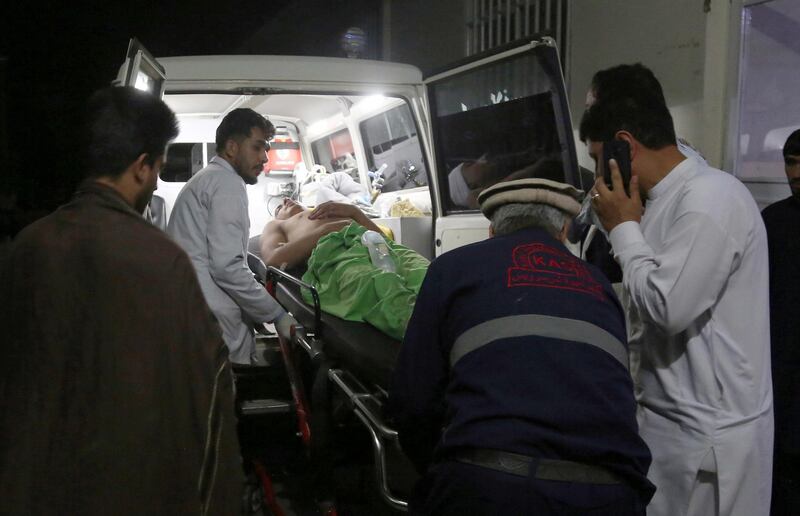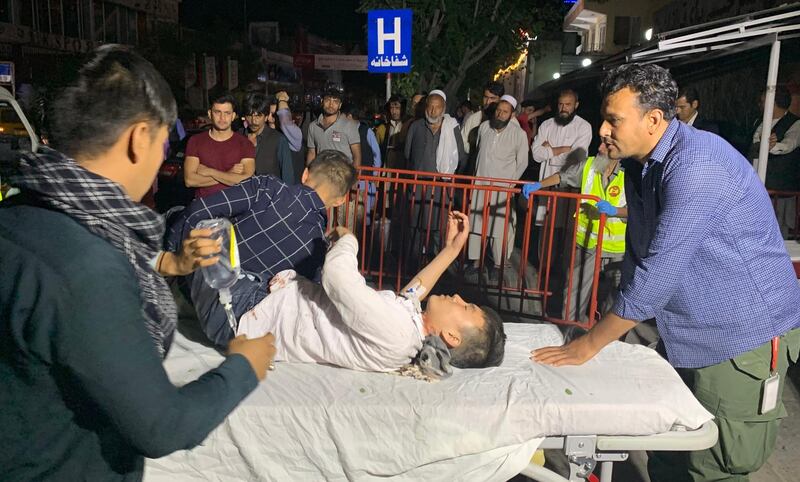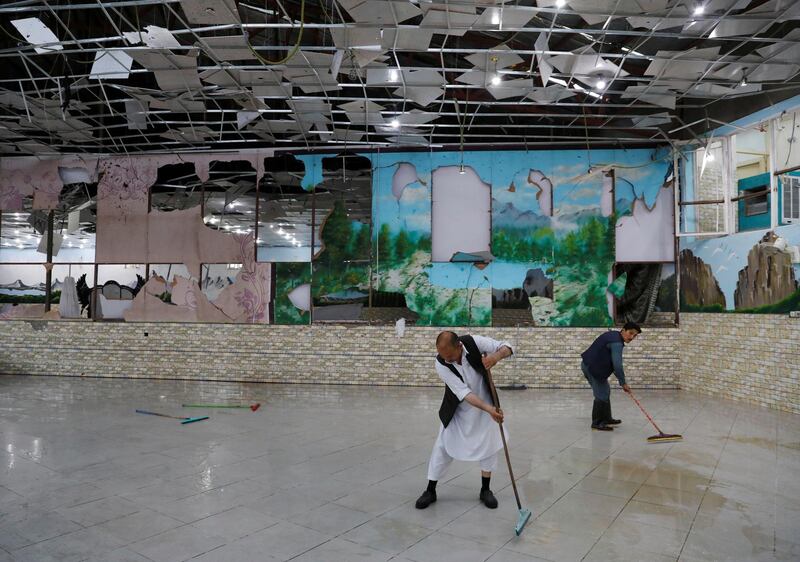The United States and the Taliban are close to finalising a deal to end 18 years of conflict that began after the 2001 invasion of Afghanistan.
Although negotiations have entered what is widely considered to be the final stages, violence has continued across Afghanistan, with a wave of attacks hitting Kabul, Kunduz and Pul-e Khumri in the last week alone.
But what do we know about the US-Taliban deal so far?
The deal, which is awaiting approval by US President Donald Trump before it can be signed, would see 5,400 troops withdrawn in phases from five bases within five months.
That would mean the US would be more than a third of the way to fulfilling Mr Trump’s desire to bring the 14,000 US troops stationed to the country home.
However, the withdrawal of these troops is contingent on the Taliban agreeing by the terms of the agreement. They are required to cut ties with Al Qaeda and to commit to no longer allowing Afghanistan to be used by militant groups, which include ISIS, as a base for attacks on the US and its allies.
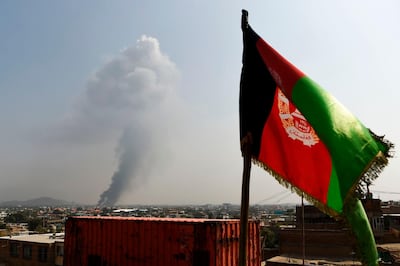
The deal also identifies the Taliban by their preferred name of the Islamic Emirate, which could also mean they will be defined as a political party.
The deal is exclusively between the US and the Taliban, however. Intra-Afghan talks could be held in Norway to reach a broader political settlement between the Taliban and the US-backed Afghan government to end the violence.
So far, the Taliban has refused to deal directly with the government, which it considers to be illegitimate.
The agreement is the result of nine rounds of talks over 10 months in Qatar. Afghanistan is to hold presidential elections on September 28, but there have been calls to delay them as they may threaten the peace talks. The vote has already been postponed twice.
The independent electoral commission has also warned that about 2,000 polling stations will be closed because of security issues
Critics both at home and internationally have voiced concern that a US withdrawal could see Afghanistan plunged into a new civil war that could herald a return of Taliban rule. That would allow international militant groups like ISIS to find a refuge.
Some also say the withdrawal betrays Afghan women, whose precious gains in terms of personal freedoms, education, healthcare and travel may be lost once the US leave.
In July, 1,500 people were killed or wounded in violence and in one of the most chilling glimpses of what an escalation could mean for Afghan people, 80 guests were killed last month by a suicide bomber at a wedding in Kabul.
